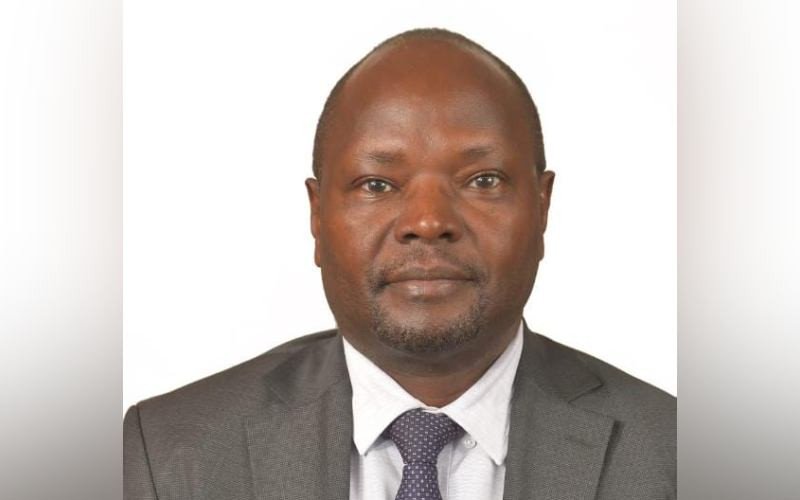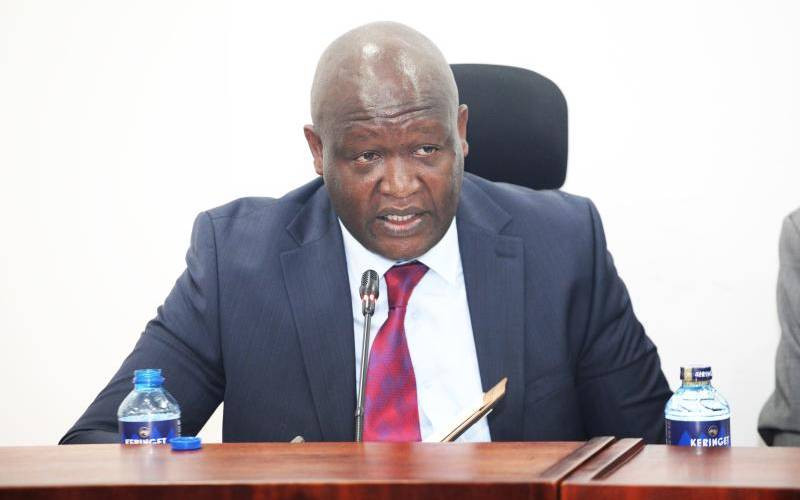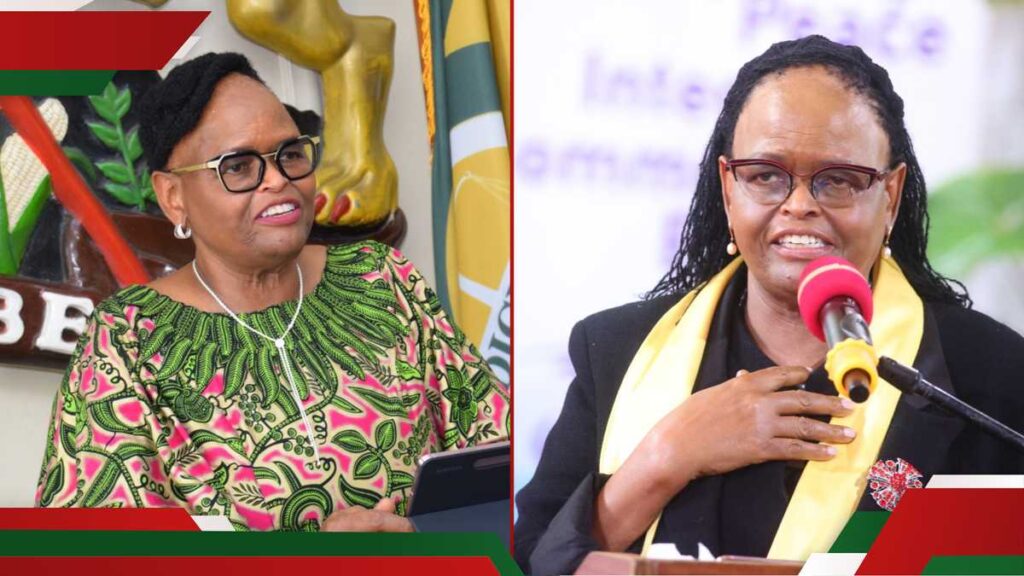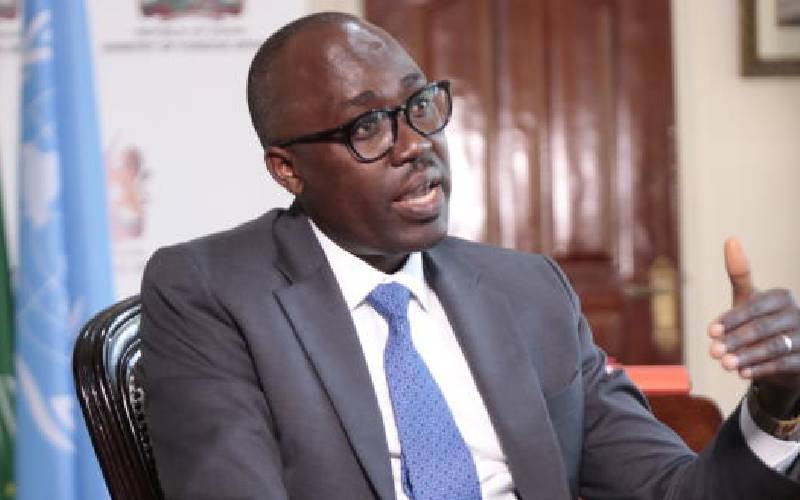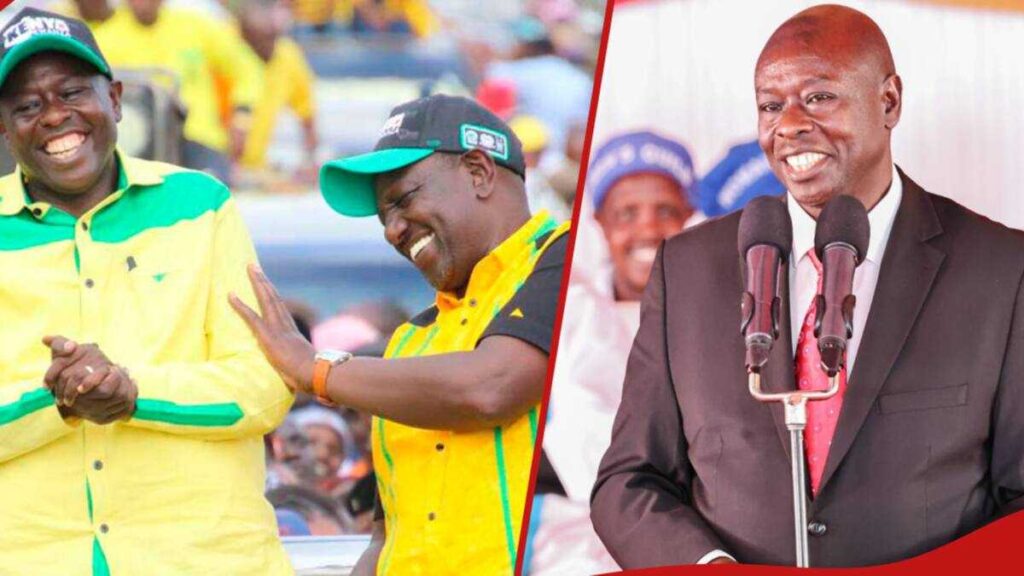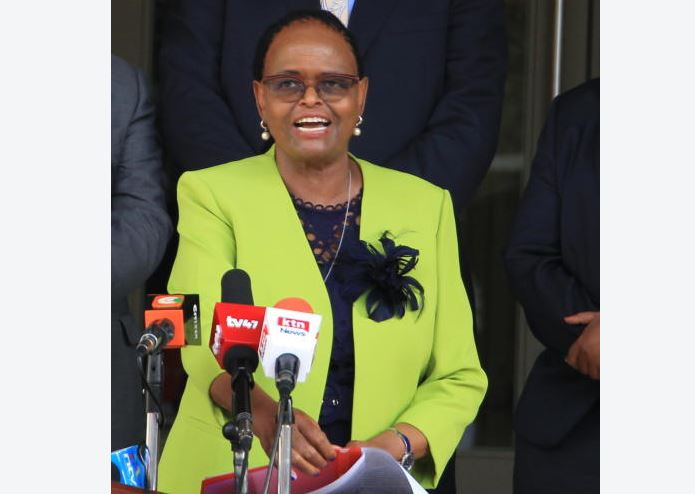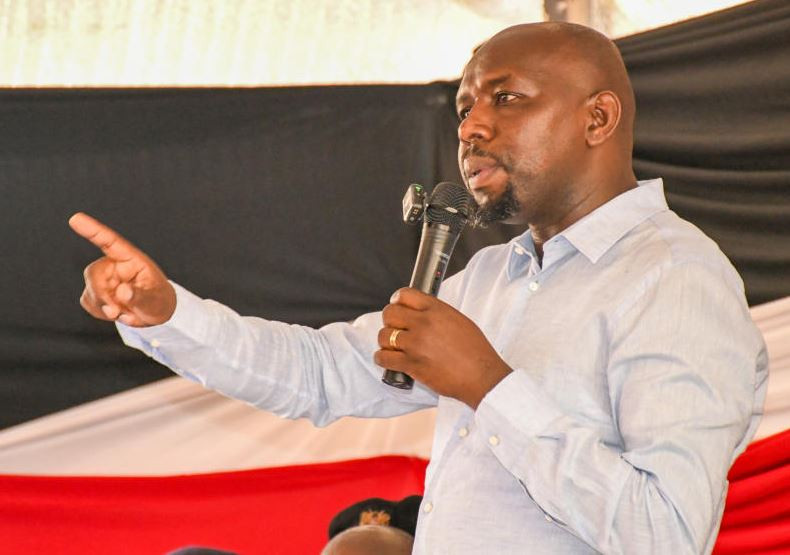The fate of Kericho County Governor Erick Mutai now rests with the Senate, marking the next phase of his impeachment process. On August 18, 2025, the County Assembly delivered the impeachment decision to the office of the Speaker of the Senate.
Patrick Mutai, Speaker of the Kericho County Assembly, transmitted a formal letter to Senate Speaker Amason Kingi, accompanied by the approved impeachment motion, supporting evidence, and full records of proceedings and notes.
“The purpose of this letter is to inform you of the resolution and to forward the same to your esteemed office, in line with Section 33(2)(a) of the County Governments Act, 2012, and Kericho County Assembly Standing Order 70(13)(a), for your further action,” stated Speaker Mutai.
READ ALSO: Chaos as Kericho Governor Erick Mutai is impeached again
However, 18 Members of the County Assembly have filed affidavits with the Senate, describing the impeachment process as irregular and unconstitutional. Led by Soin MCA Naaman Rop, they allege the August 15 proceedings were marred by procedural improprieties, lack of transparency, and breaches of fair administrative practices.
“The Speaker failed to conduct the proceedings impartially and, in several instances, demonstrated bias in favour of the motion’s proponents,” the affidavit states.
The MCAs further claim that the Speaker prevented members from adequately expressing their views and failed to maintain neutrality as required by Standing Orders and the Constitution. A central grievance was the sudden introduction of electronic voting machines without prior notice, training or approval.
“During the voting session, electronic voting machines were introduced and used without orientation or testing. This created confusion, suspicion, and uncertainty, with some members experiencing technical issues and others questioning the integrity of the vote count,” the document explains.
Rop’s affidavit asserts that the electronic voting system was installed only the night before the session, bypassing due procurement procedures and undermining the credibility of the process.
“There was no proper tendering process. The vote was conducted in a manner that denied members the opportunity to deliberate and vote consciously, violating principles of democratic governance under Article 10 of the Constitution,” he said.
The affidavits confirm that the undersigned MCAs abstained from voting due to their unfamiliarity with the system. “We swear this affidavit to confirm that we did not vote. We abstained because we were not trained on the electronic system,” they stated.
This marks the second impeachment attempt against Governor Mutai. In October 2024, he survived impeachment after 34 Senators voted to discontinue the hearing.
READ: Inside the power games behind Governor Mutai fresh ouster bid
Last week, the County Assembly voted once more to impeach Mutai, citing alleged abuse of office. Of 47 members, 33 supported the motion.
Introduced by Sigowet MCA Kiprotich Rogony, the motion accuses the governor of constitutional violations, illegal tender awards, and misconduct in public office. Mutai refutes the claims, calling them a ploy to incite public anger, particularly regarding a fictitious Sh85 million payment.
Stay informed. Subscribe to our newsletter
Rogony alleges the governor presided over a string of questionable transactions totalling hundreds of millions of shillings in losses to taxpayers. Alleged fictitious payments include maintenance of 70 houses in Kipkelion West costing Sh3.9 million, undelivered animal feed worth Sh14.9 million, and overpriced commodities, such as Sh500 sodas and Sh3,250 tissue paper bales.
Further accusations include bias in allocation of the Equaliser Locally-led Climate Action Fund, with Mutai’s home ward receiving Sh5.7 million in projects while others received none. The motion also alleges misappropriation of Sh353 million from the National Agricultural Value Chain Development Project and Sh39 million under the Equaliser Kazi Mtaani Initiative.
Mutai, in response, dismissed the impeachment as a sham and blamed the Speaker for orchestrating a predetermined outcome via electronic voting. The matter now moves to the Senate, where members will determine whether the governor will stand trial following this second impeachment attempt.
[email protected]







